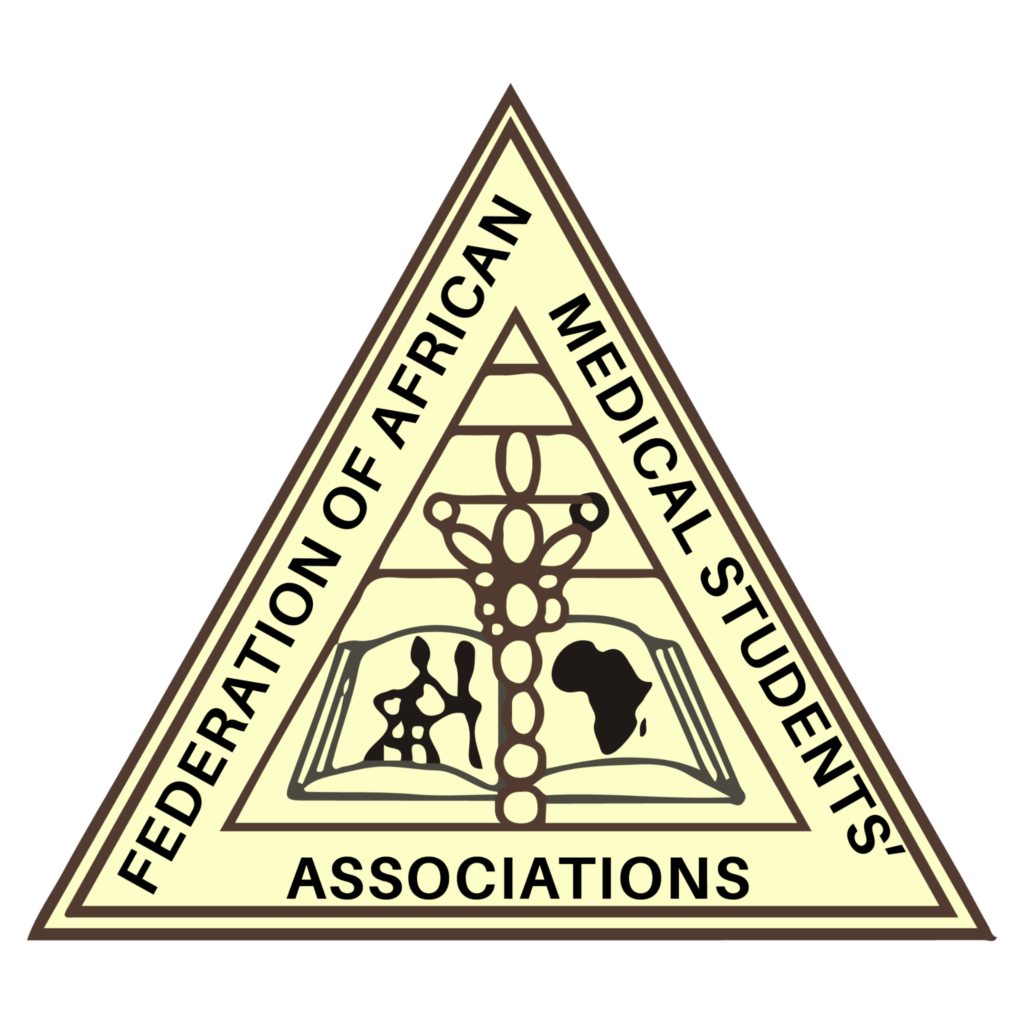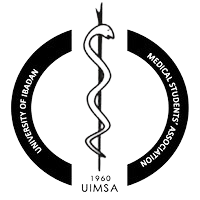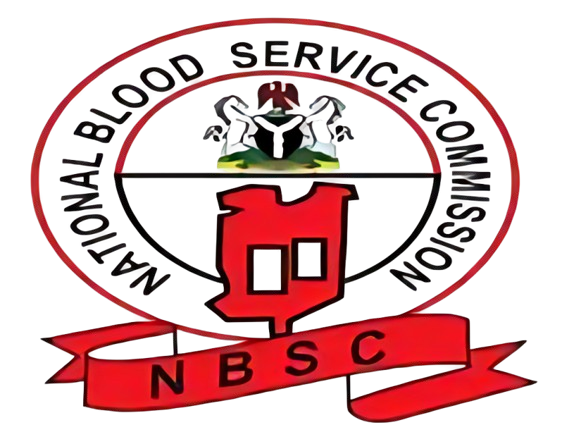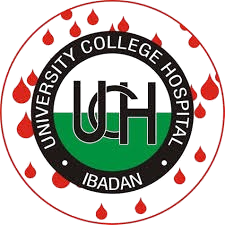A Few Words About
SmileBuilders Initiative
Combacting NCDs
Our Activities
To achieve our objectives, our activities are centered around a focus of one NCD every year.
The activities fall under the following thematic areas:
The activities fall under the following thematic areas:
SENSITIZATION
It has been observed that majority of the NCDs are directly linked to lifestyle patterns of those affected with these diseases. Cigarette smoking, physical inactivity, harmful use of alcohol and unhealthy diets are some of the risk factors for these diseases.
In view of this, our organization is passionate about creating awareness about NCDs to enlighten the populace about the causes, risk factors, manifestations, prevention, amongst others through the following channels:
- Social Media: The role of social media in the dissemination of information regarding pertinent health issues cannot be over emphasized. Our organization has used Facebook, Twitter, Instagram and other social media platforms to educate the populace about NCDs with a view to improving literacy about these diseases. We have adopted the use of hash tags (#) one of which is #BeatNCDsChat and publishing of health articles on social media platforms to create awareness about trending issues related to NCDs.
- Health Talks: We have hosted health experts on radio and television to give health talks on NCDs. This has reached out to people who are not on social media platforms. It has also provided avenues for questions to be asked from these experts regarding unclear areas bothering around these diseases.
- Awareness Campaigns: We realize it is important to have one-on-one contact with our target audience beyond social media platforms and health talks on radio and/or television, making awareness campaigns one of our key activities. We have visited selected communities and had discussions with them about NCDs using videos, posters, demonstrations, pamphlets, amongst others especially on world celebration days for these NCDs.
SCREENING
A handful of people go about with NCDs without realizing they have these diseases until complications set in, costing many their lives. To prevent this, our organization has organized screening programmes for different NCDs with a view to detecting these diseases early as this has a great influence on eventual outcome. We also screen those with established NCDs for complications. Our screening programmes include but not limited to:
- Measurement of blood pressure to screen for hypertension.
- Measurement of blood glucose to screen for diabetes mellitus.
- Breast examination and mammography to screen for breast cancer.
- Urinalysis to detect kidney damage from hypertension or diabetes mellitus
- Digital rectal examination and measurement of blood level of prostate specific antigen (PSA) to screen for prostate cancer.
- Examination of the eyes using an ophthalmoscope to detect eye damage from hypertension or diabetes mellitus.
- Examination of the feet using hand-held Doppler to detect vascular compromise from diabetes mellitus. The screening mostly hold alongside the awareness campaigns at health outreaches.
SUPPORT
It has been established that poverty is one of the major factors contributing to the rising burden and deaths from NCDs as it impedes timely access to quality health care. To tame this scourge, our organization will be supporting people with NCDs through the following ways:
- Payment of hospital bills for indigent patients with NCDs.
- Donation of basic medical equipment (like electronic blood pressure monitors for those with hypertension, glucometers for those with diabetes mellitus, inhalers for those with asthma) and drugs to people with NCDs to ensure continuity of care..
- Donation of basic medical items required for the care of patients with NCDs to hospitals to improve access.
- Raising funds for those with NCDs who require surgeries especially children with congenital heart diseases (‘hole in the heart’) who require open heart surgeries.
- Provision of rehabilitation for those with NCDs who have suffered complications-donation of wheel chairs to those with stroke from hypertension or sickle cell disease or those who have had amputation of their legs from diabetes mellitus; ensuring access to physiotherapy services for those who require them, amongst others.
9
Projects Completed
2500+
Beneficiaries
6
Years In Service
Our Partners





